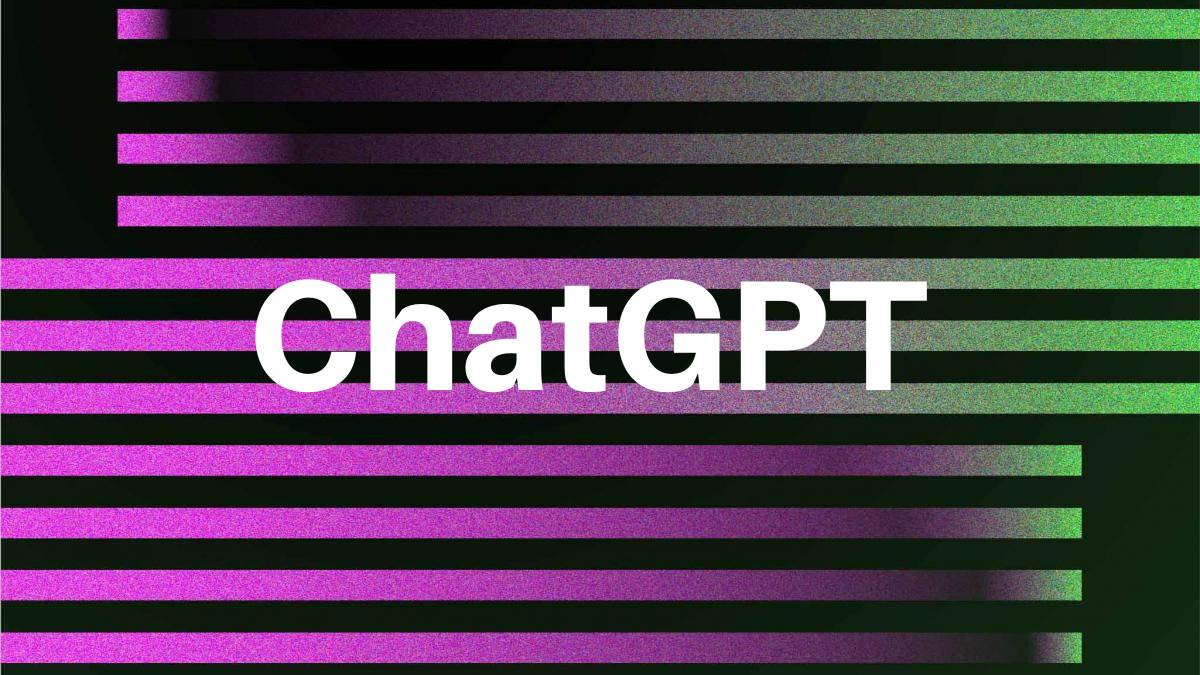
Google is introducing a chatbot service which is anticipated to rival Microsoft’s AI-powered ChatGPT.
In a blog post on Monday, Alphabet Chief Executive Sundar Pichai introduced the Bard chatbot. It would be integrated into the company’s search engine.
The conversational AI service would be powered by LaMDA, Google’s own AI with the power to generate human-like prose described as conscious by a company engineer last year. Google later dismissed the claim.
Last month, Microsoft announced extending its partnership with ChatGPT creator OpenAI. The chatbot can generate text, sparking widespread fears of cheating in schools and universities and rendering several professions obsolete, reports DW.com.
What do we know about Bard?
Pichai said in his Monday blog post that Bard would test users for feedback ahead of a public release within the coming weeks. Google is also planning to add AI features to its popular search engine, which could cater to complex queries such as which musical instrument would be easier to learn.
“Bard seeks to combine the breadth of the world’s knowledge with the power, intelligence, and creativity of our large language models,” Pichai said, referring to AI. He added that it relied on a version of LaMDA that requires less commuting power to be able to serve more users.
What remains to be seen is how Bard would be different from its ChatGPT rival. A demo of the conversational chatbot reveals that it invites users to provide a prompt warning that its response could be inappropriate or inaccurate, much like ChatGPT.
Google-Microsoft AI rivalry
Before ChatGPT was released last November, Google had been reluctant to make strides in language-based AI, amid universal fears of technology that was not ready.
However, when Microsoft announced its backing OpenAI, with the expectation that it would integrate ChatGPT into its Bing search engine, Google came under mounting pressure. The search engine giant feared an AI-powered Bing would take away from its popularity.
Last week, Google’s parent company, Alphabet, posted poor earnings, which increased the urgency to compete in the chatbot field.

